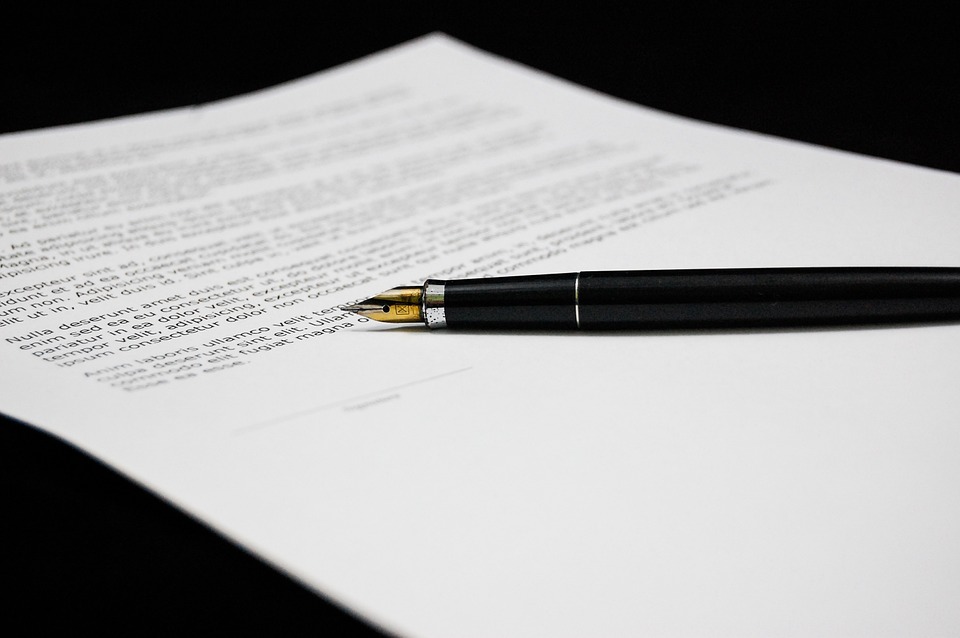 When it comes to real estate, there are a lot of things said about the rights of the buyer and of how they are protected during the home-buying process. What, then, about the seller? What rights does the seller have when putting his or her home on the market? What legal protection can he or she expect to receive?
When it comes to real estate, there are a lot of things said about the rights of the buyer and of how they are protected during the home-buying process. What, then, about the seller? What rights does the seller have when putting his or her home on the market? What legal protection can he or she expect to receive?
Accepting And Rejecting Offers
As the seller of the home, you have the right to accept or reject offers for almost any reason. Here are some reasons you might reject an offer:
- The offer is too low or you think you can get a better one
- You already have a better offer waiting
- You don't believe the buyer is going to be approved for a mortgage
- You don't want to accept a home sale contingency (e.g., the sale being contingent on the buyers selling their old home or on inspections)
- You need more time to move
The major exception to this rule is outlined in the Fair Housing Act. It says the seller cannot reject or in any way impede the submission of an offer and, furthermore, cannot change the conditions of the sale for any reason related to:
- Race or skin color
- Country of origin
- Handicap
- Familial Status
- Sex
- Religion
Buyers Who Back Out
Protection for home sellers from buyers who back out comes in the form of buyer deposits and sales contracts. Though you will most likely still have to find a new buyer, these safety nets make sure that you don't suffer a total loss.
- Home sale contracts (purchase agreements): Generally, if the home buyer's loan application is declined, he or she is released from the home sale contract. However, part of the contract outlines the buyer's mortgage application in great detail. This is done so that the buyer cannot falsely claim that he or she was not approved just to get out of their contract. Once the buyer signs the sales contract, he or she is committed to buying your home.
- Deposits: Despite signing a sales contract, a buyer can still back out. For your protection, you can (and should) require your buyer to submit a deposit when he or she signs the contract. If the buyer decides to back out, you keep the deposit as compensation for his or her breaking of the agreement.
While purchase agreements and deposits afford you some protection, you still need to be careful. For example, you should never agree to terms on a new home without at least receiving a deposit on the one you're selling. If you were to do so and your buyer decided to back out, you would be in trouble. Even if your buyer swore that he or she was going to buy your home, without a signed contract and deposit, you would have no legal action to take. If you're still making mortgage payments on the old home, you would then assume responsibility for the payments on both it and the new home you agreed to purchase. Obviously, that would be an unfortunate situation to be in.
There is much more legal protection given to home buyers than to sellers. For that reason, when selling a home, be extra careful and avoid doing anything before the proper paperwork is signed. Though, if you are cautious of these things, your home sale should go smoothly.